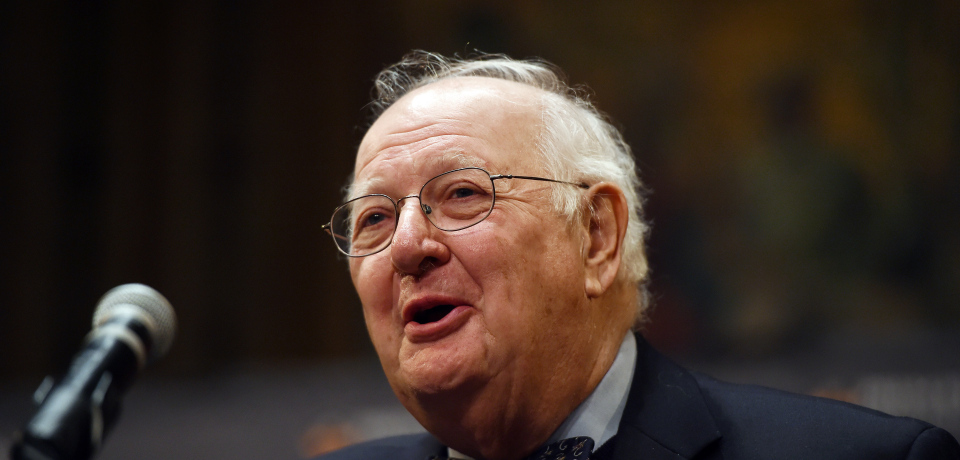 I love that the first thing he writes is an essay titled “Statistical objectivity is a cloak spun from political yarn”, even more so because he quotes another intellectual hero of mine, Jim Scott.
I love that the first thing he writes is an essay titled “Statistical objectivity is a cloak spun from political yarn”, even more so because he quotes another intellectual hero of mine, Jim Scott.
He also did a podcast with the Financial TImes. Here is the ungated transcript. A quote that helps me understand generational differences in economics a great deal:
“So, nowadays we work with millions and millions of observations, then we had 14 observations, so if you’re going to try to tell a story about this you’ve got to put a lot of structure on it because you only have a little data to estimate these points, so it’s almost like you’ve got a Christmas tree and you’re using the data to hang decorations on it or something and the data’s not going to speak very much.”
He drove headlines again when he and Anne Case published a study showing death rates are rising among middle-aged white men in the US. There was even a story about how it got rejected from several medical journals. It’s somehow comforting to know that even when you win the Nobel Prize, journal rejections sting.
If you read my FP piece on why Deaton deserved the Nobel, you might recall me mentioning his latest unpublished critique of randomized experiments. It remains unpublished as far as I know, but for an overview, read Tim Ogden’s interview with Deaton.


13 Responses
RT @cblatts: So what’s Angus Deaton been up to since his Nobel Prize? https://t.co/CNicl5aAVt
Hi Chris,
I think it is fair to say that Deaton’s Nobel has nothing to do with his recent critique of randomized experiments.
Best,
Matteo
“Statistical objectivity is a cloak spun from political yarn” and Angus Deaton’s other work post Nobel by @cblatts https://t.co/FpsPcQ17MC
RT @cblatts: So what’s Angus Deaton been up to since his Nobel Prize? https://t.co/CNicl5aAVt
RT @cblatts: So what’s Angus Deaton been up to since his Nobel Prize? https://t.co/CNicl5aAVt
So what’s Angus Deaton been up to since his Nobel Prize?: I love that the first thing he writes is an essay ti… https://t.co/yEO1OpIi5Y
So what’s Angus Deaton been up to since his Nobel Prize? https://t.co/1yLNf8kq8Y
RT @cblatts: So what’s Angus Deaton been up to since his Nobel Prize? https://t.co/CNicl5aAVt
Is that the Deaton paper?
Journal of Economic Literature 48 (June 2010): 424–455
http:www.aeaweb.org/articles.php?doi=10.1257/jel.48.2.424
RT @cblatts: So what’s Angus Deaton been up to since his Nobel Prize? https://t.co/CNicl5aAVt
RT @cblatts: So what’s Angus Deaton been up to since his Nobel Prize? https://t.co/CNicl5aAVt
RT @cblatts: So what’s Angus Deaton been up to since his Nobel Prize? https://t.co/CNicl5aAVt
RT @cblatts: So what’s Angus Deaton been up to since his Nobel Prize? https://t.co/CNicl5aAVt